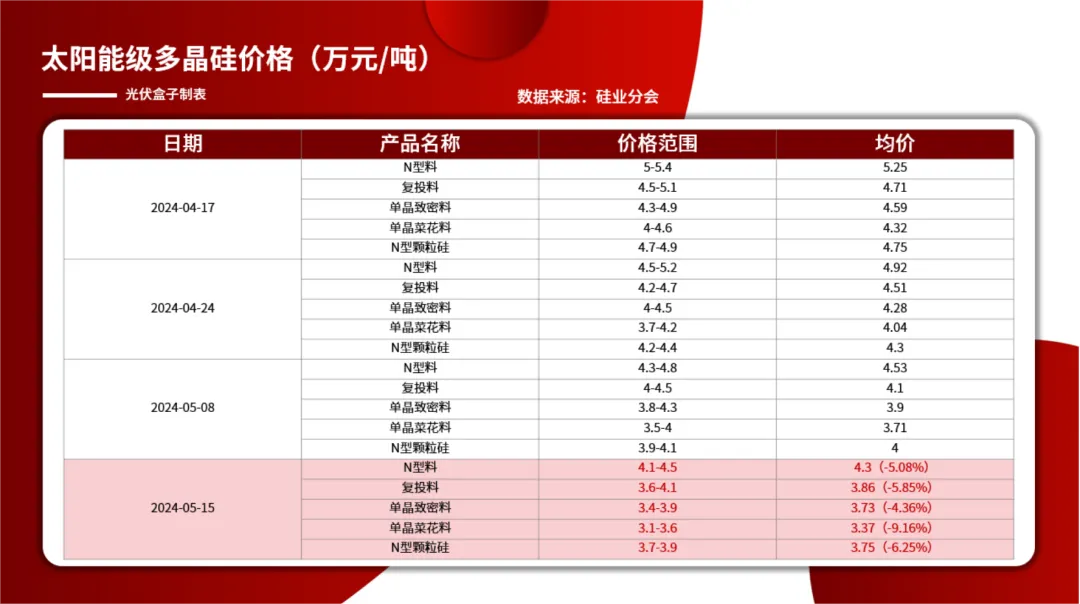3kW Hybrid Inverter for Efficient Energy Management and Sustainable Power Solutions
Understanding Hybrid Inverters A Focus on the 3 kW Model
In recent years, the demand for sustainable energy solutions has surged, prompting innovations in solar technology. Among these innovations, hybrid inverters have emerged as a crucial component in optimizing solar energy systems. This article will focus on the 3 kW hybrid inverter, exploring its features, benefits, and applications in modern solar setups.
What is a Hybrid Inverter?
A hybrid inverter is a type of inverter that combines the features of a traditional string inverter and a battery inverter. It allows for the integration of solar panels, battery storage systems, and the grid, providing a flexible solution for energy management. Unlike standard inverters that solely convert DC (direct current) from solar panels into AC (alternating current) for household use, hybrid inverters also manage energy storage and can channel energy back into the grid when necessary.
Key Features of a 3 kW Hybrid Inverter
1. Dual Functionality The 3 kW hybrid inverter can efficiently manage both energy generation and storage, making it suitable for homes or businesses that require a reliable power supply. It can simultaneously convert energy from solar panels while charging batteries, optimizing overall energy usage.
2. Grid Interaction This inverter allows for seamless integration with the grid, enabling homeowners to sell excess energy back to utility companies. This grid-tie feature can potentially generate additional income, contributing to the overall financial viability of solar investments.
3. Battery Compatibility A 3 kW hybrid inverter is typically compatible with various battery types, including lithium-ion and lead-acid batteries. This flexibility allows users to choose the most suitable energy storage solution to meet their specific needs, making it easier to store energy for use during nighttime or during power outages.
4. Smart Monitoring Many modern hybrid inverters come equipped with smart monitoring systems that provide real-time data on energy production and consumption. This feature helps homeowners effectively manage their energy usage, identify trends, and optimize their solar energy systems.
Benefits of a 3 kW Hybrid Inverter
1. Energy Independence With the ability to store solar energy, users can reduce their dependence on the grid. This is particularly beneficial in areas with unstable electricity supply or during peak demand times, allowing for greater control over energy expenses.
inverter hybrid 3kw

2. Cost Savings By harnessing solar energy, homeowners can significantly reduce their electricity bills. The ability to store excess energy further enhances savings, as stored energy can be used instead of purchasing more energy from the utility.
3. Environmental Impact Utilizing a hybrid inverter allows users to actively participate in reducing their carbon footprint. By maximizing the use of renewable energy, individuals contribute to the global shift towards more sustainable energy sources, helping to combat climate change.
4. Scalability A 3 kW hybrid inverter is suitable for smaller homes or commercial applications. As energy requirements grow, users can easily scale their systems by adding more panels or batteries without needing to replace the inverter.
Applications of a 3 kW Hybrid Inverter
The versatility of a 3 kW hybrid inverter makes it suitable for various applications
- Residential Homes Homeowners can utilize hybrid inverters to harness solar energy for everyday consumption, ensuring energy availability during outages and reducing electricity bills.
- Small Businesses For small retail stores or offices, a 3 kW hybrid inverter provides an efficient energy solution, allowing businesses to operate more sustainably while cutting energy costs.
- Remote Locations In areas where grid electricity is unreliable or unavailable, hybrid inverters can serve as a primary power source, ensuring continuous energy supply using solar technology.
Conclusion
The 3 kW hybrid inverter represents a pivotal advancement in solar energy technology, combining efficiency, flexibility, and sustainability. By investing in such systems, users can enjoy the numerous benefits of solar energy, from financial savings to environmental contributions. As we continue to move towards a greener future, the adoption of hybrid inverters will play an essential role in transforming the way we generate and consume energy, making renewable energy accessible for everyone.
-
String Solar Inverter: The High-Efficiency Solution for Smart Solar EnergyNewsJul.14,2025
-
Revolutionizing Rooftop Energy with the Power of the Micro Solar InverterNewsJul.14,2025
-
Power Independence with Smart Off Grid Solar Inverter SolutionsNewsJul.14,2025
-
On Grid Solar Inverter: Powering the Future with Smart Grid IntegrationNewsJul.14,2025
-
Monocrystalline Solar Panels: High-Efficiency Power for the Future of Clean EnergyNewsJul.14,2025
-
Bifacial Solar Panel: A Smarter Investment for Next-Generation Energy SystemsNewsJul.14,2025







